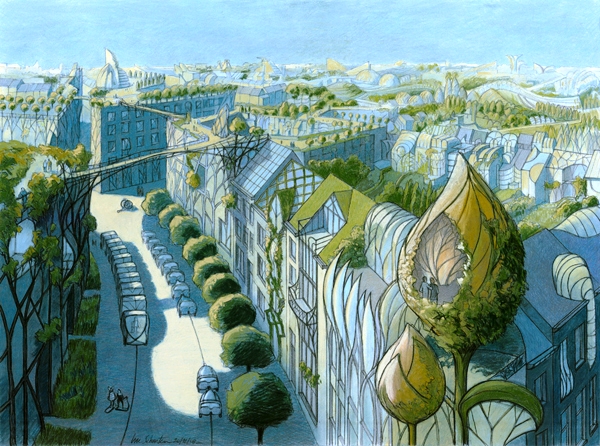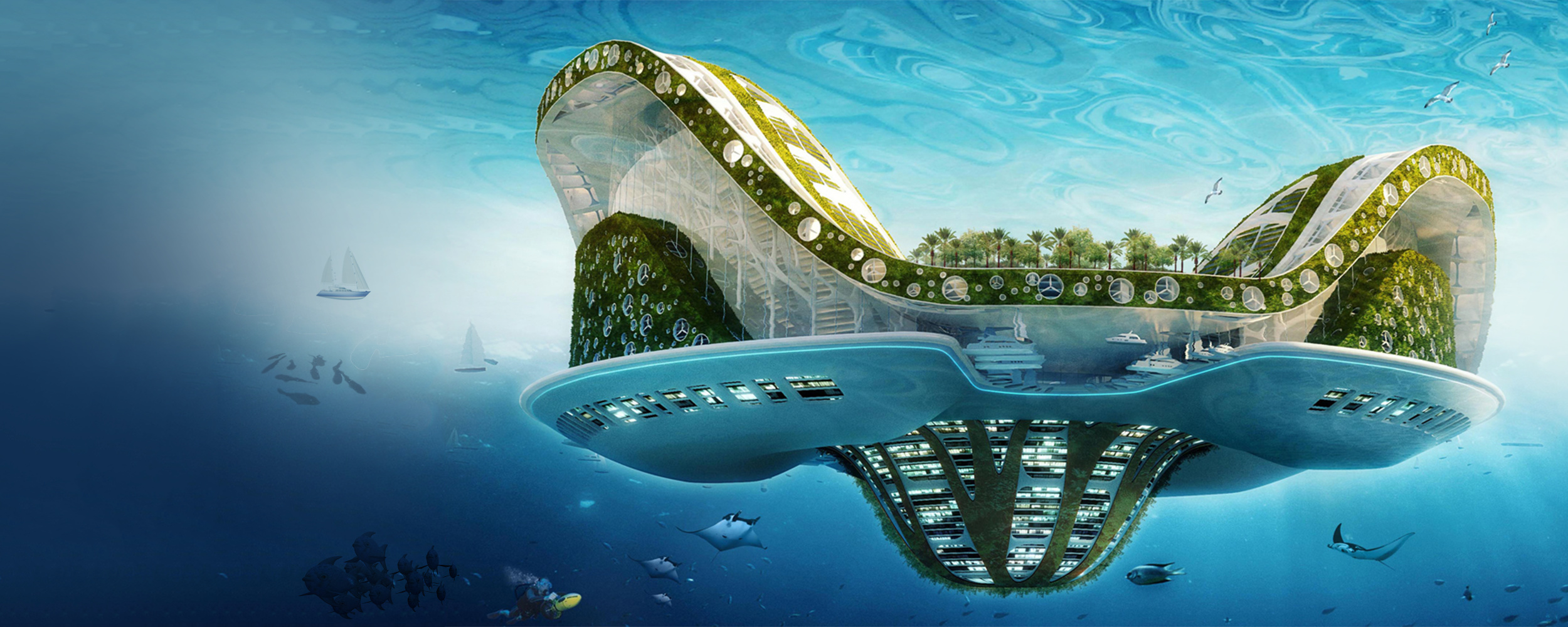
A while ago @mrchrisadams mentioned that he keeps getting asked by fellow technologists who are concerned about climate change, environmental degradation and a bunch of other issues I am bundling under “Earth Systems Emergencies”. They, like many of us, want to do something - but don’t know what they can contribute, where they can do it or even how to begin to find their way.
Whether you don’t know what to do about climate change or ecological breakdown (where to start, or how to contribute to reversing it) or you’ve hit the “glass ceiling” of activism (being burned out or feeling like you’re not moving forward), your thoughts and ideas collectively, will actually help find a suitable set of actions.
Here’s how we’ll do it:
- Create a holistic overview of what people within our extended networks are doing
- See what gaps need to be worked on
- Make a map of different paths that individuals can take from where they are (geography, skills, interests, etc) to where they can make a meaningful contribution.
These are the next steps:
- Collective enquiry: Get a number of people who are working on something related to environmental problems to share what they are doing and their experiences so far. Community managers and community members ask questions to get a deeper understanding of what each person needs and what they can offer.
- Collaborative analysis: We use the edgeryders method and stack of open source software for processing large numbers of smaller conversations and connecting the dots across them so we get a bigger picture, and can see clusters emerge and how they are related.
- Connect people, projects and places: We use the semantic social network visualisation as a tool to matchmake participants over shared interests based on what they need, and what they wish to offer. as a thank you to people who contributed to the conversation.
- Cocreate a **professional matchmaking and coaching ** solution for mission oriented people. We come together at a workshop during the festival. In it we use what we have learned learnings int a tool that individuals can use to help them find their way to where they can make the most impact. And make meaningful connections between people who can help one another to get there.
The good news is that it is totally doable. In fact, it is already in motion - all we need is to grow what is already happening!
Over the past months, several conversations have emerged around how we live and work in response to different facets of the same underlying problem: Stresses to the The Earth System.
Some people like @martin and @sander , people at Stockholm resilience center ++ are approaching the topic from a “zoomed out” perspective — looking at historical and current data to understand how the different parts of the system are doing and making models of what we can expect if nothing changes. They trying to figure out the“big” picture strategies and solutions for how to change course, or at least minimise the consequences. I’m guessing most of the serious work around this is being done in or near research and innovation labs and is heavily dependent on people with specialised technical knowledge and skills (e.g in Universities). For example, they map emissions from different sectors: energy supply, industry, buildings, transport, food consumption, agriculture, forestry. Or they’re developing advanced technologies that either are less emission intensive, zero carbon or carbon-negative.
Others are looking for solutions that are closest to them. @William_COACT and Tristan’s incubator for open source solutions to environmental problems is an example. Also @noemi and @alberto are tackling it on a professional level in part through the work they are leading in Edgeryders climate unit, but also at home through the co-living experiment they have been running which they are now scaling up with the reef. @matthias is at the faaaaaaar (ahead) end in how he closely his everyday life and values and work are aligned around this (Inge wrote about Matt’s story here). Chris working on getting tech companies and technologies who build things for them to take measures like switching to renewable energy sources. @janetgunter 's work on reducing electronic waste @samim 's hands on experimentation around cultivation and ecological research.
You can also find people doing work on rewiring relationships by changing how information and resources flow as a tool to drive change. For me mobilising and coordinating protests as well as building infrastructures and processes for decentralisation, or pushing for better policy to help places, organisations, movement and ultimately citizens be more resilient to shocks in the system. I would say, @Zelf , @jean_russell , @phoebe , @pbihr , and @julyandavey and are in this space. Definitely Thoma’s work on decolonialising the production of, and access to, science and knowledge in Africa and Haiti.
Or there’s Ramy, @anthony_di_franco , @Elise @winnieponcelet @rachel @thomasmboa (check out the work @rmchase and many many others who creating accessible solutions for alternatives meeting material needs in different domains.
But, making the transition from one to the other is not a given, or even finding your way to them. Once individuals find your way there, the cost on the person running the initiative (who is often under-resourced) to help onboard you is also demanding.
what is a sustainable mechanism to help people find their way to contribute?. This is something I have been thinking about a lot lately. Also as I rethink my own personal role in contributing/detracting from transition towards decarbonised futures.
A Possible process for figuring this out together:
- Online storytelling (video chat, transcribe + Post on platform) + Q&A (comments),
- Tagging & Visualisation (ethnographic coding, network analysis - SSNA visuals),
- One on one calls (campaign: point us to someone doing relevant work - ask RSA for help too)
- Q & A in spurt (like AMA hour)
- Workshop ( present findings & co-design)
- Tactical tech call for partnerships?
- Coact lab residency (build)
What are your thoughts on this? It would be super helpful to have more people think out loud about this together as it is a tough one to crack!
image credit: Luc Schuiten

 Atm I have too much damage going on around poprebel to devote my time for this before November. But, if you’d consider it as a slower, well-researched and well-prepared series, then I’d be down - and I have some names I could def try to convince to join us.
Atm I have too much damage going on around poprebel to devote my time for this before November. But, if you’d consider it as a slower, well-researched and well-prepared series, then I’d be down - and I have some names I could def try to convince to join us. That would greatly fit the intent, but also broaden the scope of future scenarios also out of the tech-focus.
That would greatly fit the intent, but also broaden the scope of future scenarios also out of the tech-focus.